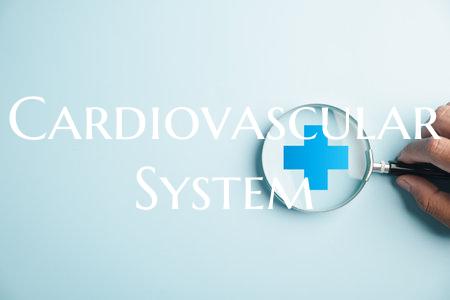
Cardiovascular System
The cardiovascular system, also known as the circulatory system, is a vital network of organs and vessels responsible for transporting nutrients, oxygen, and waste products throughout the body. Consisting of the heart, blood vessels, and blood, the cardiovascular system plays a crucial role in maintaining overall health and sustaining life.
At the center of the cardiovascular system is the heart, a muscular organ that pumps blood throughout the body. The heart's continuous beating creates blood pressure, which drives the flow of blood through a network of arteries, veins, and capillaries. Arteries carry oxygen-rich blood away from the heart to all tissues and organs, while veins transport oxygen-depleted blood back to the heart.
Blood, the life-sustaining fluid of the body, carries essential nutrients, oxygen, hormones, and immune cells to various parts of the body. It also helps regulate body temperature and maintain fluid balance. Red blood cells, white blood cells, and platelets are the three main components of blood, each serving a specific function in maintaining health and combating disease.
The cardiovascular system works tirelessly to ensure that every cell in the body receives the necessary nutrients and oxygen to function optimally. Regular exercise, a balanced diet, maintaining a healthy weight, managing stress, and avoiding harmful habits like smoking are key factors in promoting cardiovascular health and reducing the risk of heart disease and other related conditions.
By understanding the importance of the cardiovascular system and adopting healthy lifestyle habits, individuals can support their heart health and overall well-being. Regular check-ups with healthcare providers, monitoring blood pressure and cholesterol levels, and seeking medical attention for any concerning symptoms are crucial steps in maintaining a healthy cardiovascular system. Remember, a healthy heart is the foundation for a long and fulfilling life.